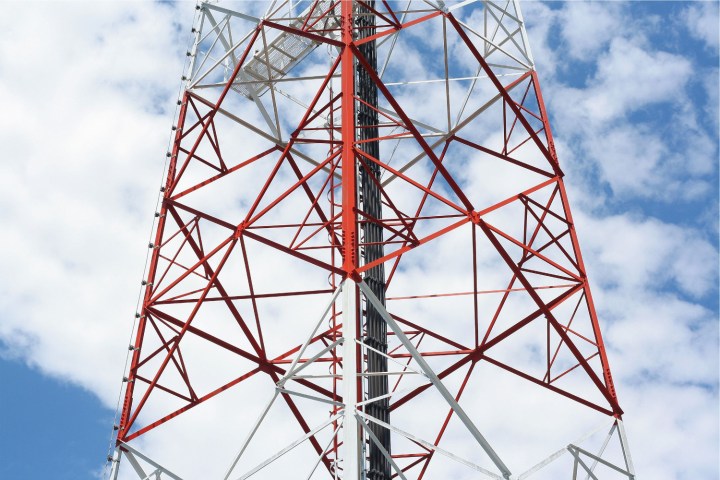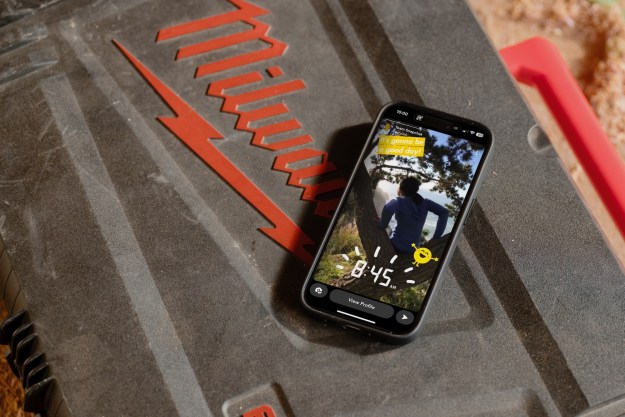
The case in question revolves around Timothy Ivory Carpenter, who hopes to overturn his current conviction for his involvement in armed robberies of Radio Shack stores. Prosecutors used four months of location data to prove that Carpenter was within half a mile and two miles of four of the robberies when they took place, and obtained this location data without a warrant by way of the 1986 Stored Communications Act. And now, the Supreme Court is considering how much the judicial branch ought to heed the 1986 Act, which is now more than three decades old.
As initially reported by Bloomberg, this case could set quite the precedent. Indeed, prosecutors ask for this sort of data from telecommunication companies “in tens of thousands of cases of year,” using the information as evidence or an alibi. And even outside of smartphone location data, the case could also call into question other devices that are cloud-connected, like virtual assistants; IoT devices like smart thermostats, security systems, and even connected refrigerators; or fitness trackers.
“The data that is transmitted can reveal a wealth of detail about people’s personal lives,” according to a court filing by technology companies including Apple, Facebook, Microsoft, Verizon, Twitter, and Google. “Users of digital technologies reasonably expect to retain significant privacy in that data.”
The current Supreme Court has a record of valuing citizens’ digital privacy, and being rather bearish on technology as it relates to users’ privacy. Five years ago, the court limited the ability of police to install tracking devices on cars, and three years ago, the justices ruled that police generally need to need a warrant before searching an arrested suspect’s phone.
“It is no exaggeration to say that many of the more than 90 percent of American adults who own a cell phone keep on their person a digital record of nearly every aspect of their lives — from the mundane to the intimate,” Chief Justice John Roberts wrote at the time.
Don’t hold your breath about a ruling, though. The Supreme Court won’t hand down its decision until next June.
Editors' Recommendations
- How to stop apps from tracking your location in Android and iOS
- Apple admits iPhone 11s are sharing user location data — but not collecting it
